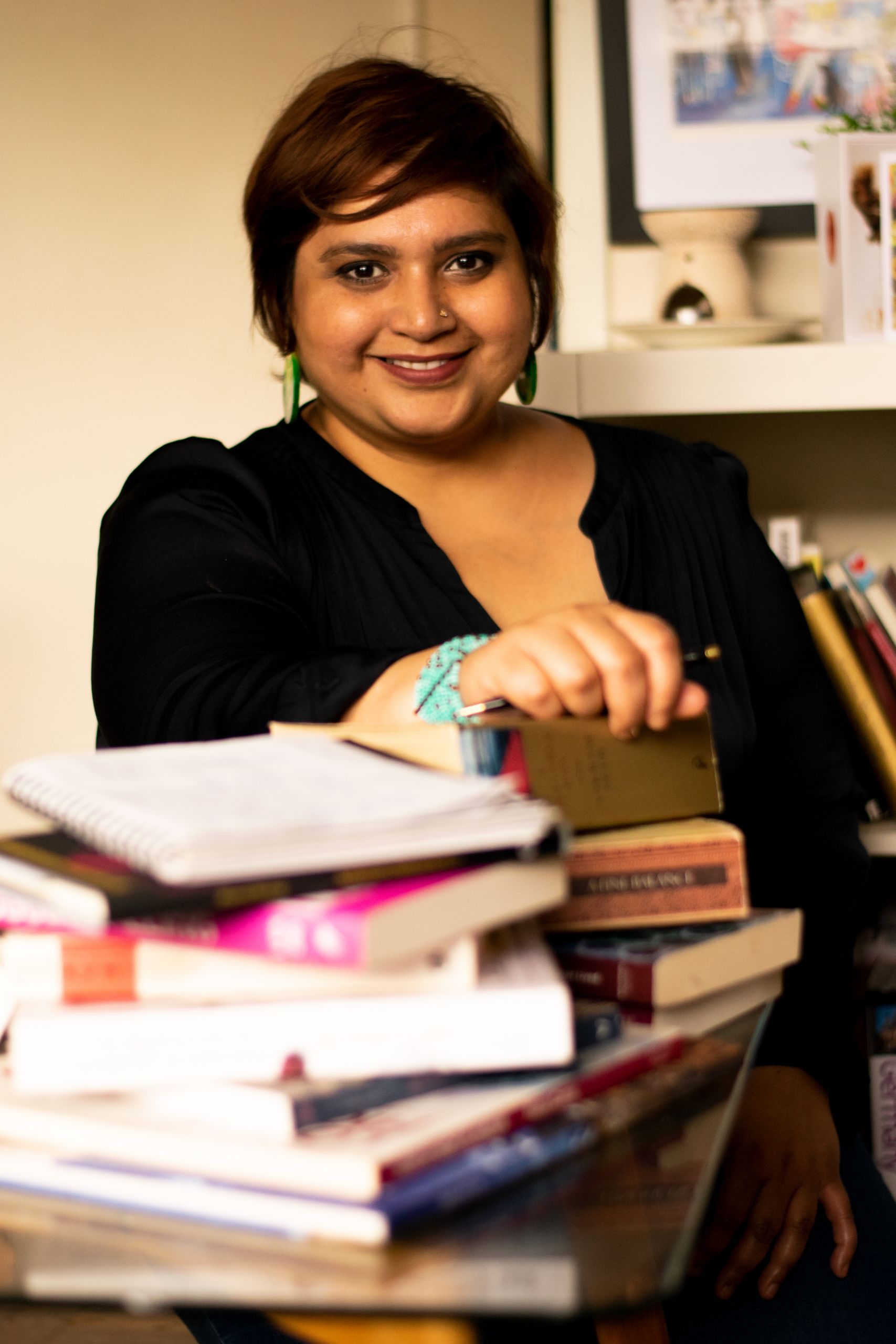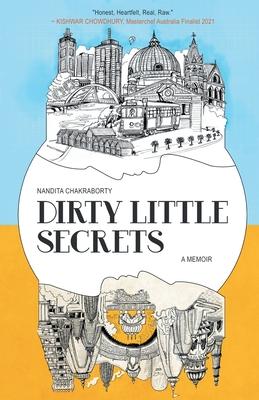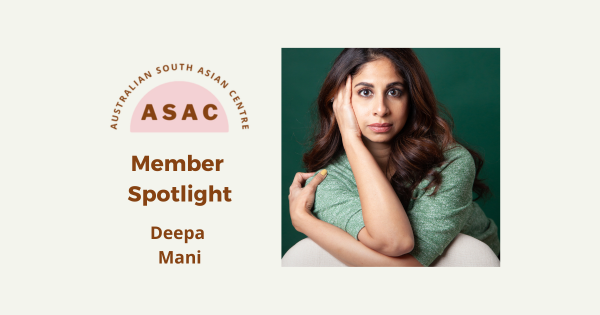Turning personal diaries into page turning books | Book Club Reviews Nandita Chakraborty’s ‘Dirty Little Secrets: A Memoir’
Navigating the unexpected and embracing change are big themes in Nandita Chakraborty’s book, ‘Dirty Little Secrets: A Memoir’ that charts her experiences as an Indian-Australian woman finding her way between Delhi and Melbourne. Translated from Nandita’s own diary, this book doesn’t shy away from difficult emotions and complex characters. In our book club session we discussed Nandita’s unique literary style and were lucky enough to hear from the author herself in a QandA covering all things hybrid identity, storytelling inspiration, and navigating the publishing world as a South Asian author.
About Nandita
Nandita is an experienced author, with two other books under her belt, covering travel, friendship, and self discovery. Self described as an ‘accidental writer’, Nandita writes with a cognitive impairment that she’s had since a rock climbing accident. While she describes her writing process as therapeutic, it’s apparent that she isn’t looking to deliver easy answers or predictable story arcs.
The novel makes you think about your own relationship with conflict and change while also pushing you to step outside of your own shoes to understand how Nandita approaches the events of her story. Dirty Little Secrets is unconventional beyond its format but it’s Nandita’s unique brand of specificity and no-bullshit sincerity that it’s hard not to relate.

Our Takeaways
1. Building each other up
Nandita’s story embraces change and being brave in the face of it. In person, she couldn’t be a stronger advocate of this message and credits this to the strong network of women she’s surrounded by. She spoke about how lucky she felt to have friends from different phases of her life and to be able to go back to those times and rediscover more about the things that inspire her. Our book club echoed this experience with one member mentioning how she found extraordinary strength in the women of her family, particularly in seeing how they adapted to generational challenges.
Another member talked about how her friends and family shaped the places she called home, building community in little pockets all over the world. Female friendships, whether found through family, friends, or with strangers were so often a link between the pivotal moments of uncertainty and learning something new, teaching us about new perspectives, being a shoulder to cry on, or just providing a laugh when it’s needed.
2. Expecting the unexpected
Often when we think of self discovery, embarking on new experiences, and stumbling through unplanned parts of life, its party through the prism of the media that by and large show these coming of age experiences as highschool or university constrained (*ahem* thanks Hollywood).
Nandita’s book offers some relief, instead focusing on what look like seemingly disparate events and tying them together by her perceptions of them. She writes as a woman in her 30’s but nonetheless approaches the opportunities and challenges in her life with a fresh sincerity. She spoke excitedly about her changed relationship to shame, using it to inject her story with unapologetic vulnerability and authenticity.

3. Holding on to your creative license in a commercialized world
Any emerging or established writer can attest to the trials and tribulations of seeing a novel through from start to finish. From developing a strong narrative voice, to pitching to publishers, to negotiating contracts, the process can convoluted at the best of times. One member described her writing process and how it was hard not to feel a lingering sense of doubt. After all, how can you know an idea will land? Nandita offered a few pearls of wisdom from her approach. While her writing approach was adaptive, taking breaks when needed and not shying away from rebuilding her story, she distilled her technique in 3 steps:
• Finding a network of mentors who can give you constructive critique and support is key.
• Carry a notebook. Personal stories need to feel authentic and while sitting in front of a computer is an essential part of writing, it’s out in the ‘real world’ where inspiration often strikes.
• Don’t be afraid to walk away from a publishing offer if it isn’t what you want.
Final thoughts
Through her book, Nandita builds a complex world of characters navigating their lives as authentically flawed, humanly inconsistent people. Her book is a generous insight into her writing process all the while giving the reader something to think about at every chapter. She writes distinctively with a staunch commitment to sharing her story on her terms, something that we can all learn from.
Want to join a community of impact driven South Asian Australian women? Sign up here to join a community which supports you and champions your work.




